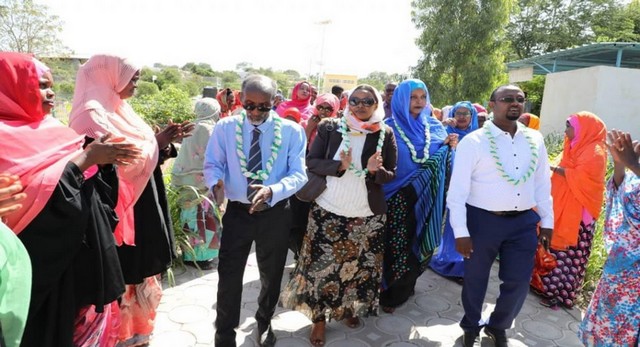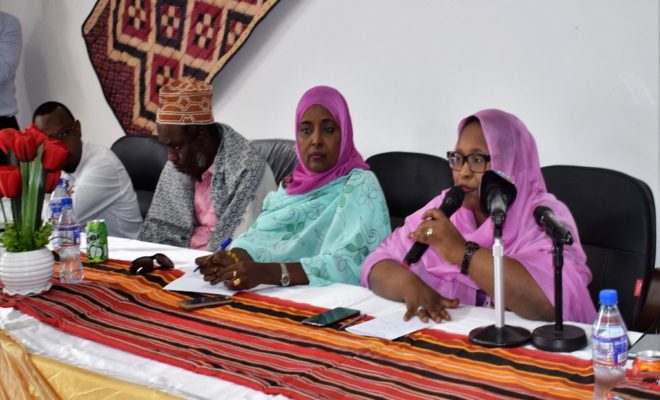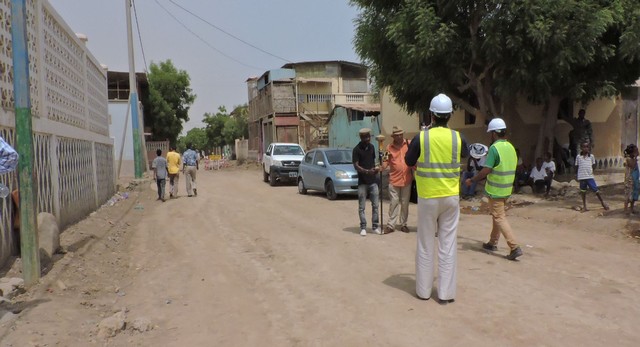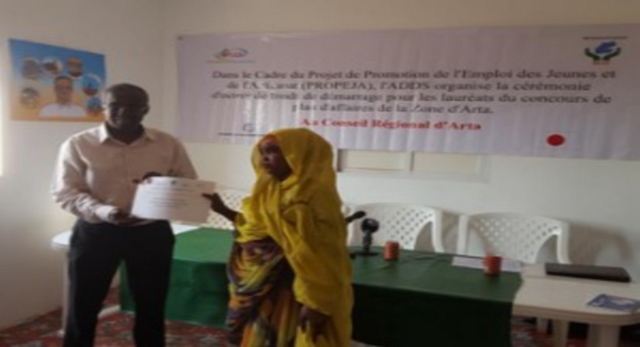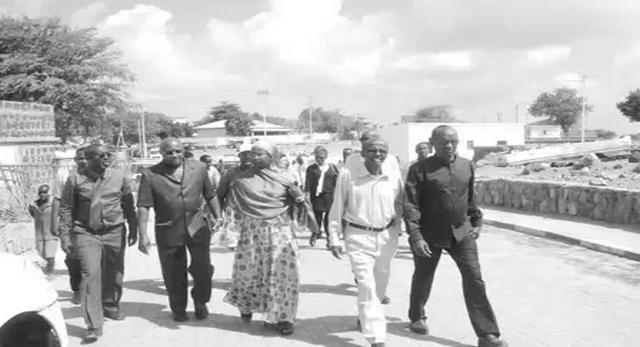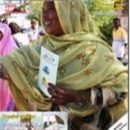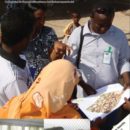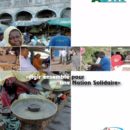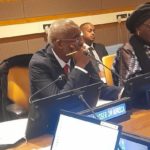The World Bank has agreed to Tuesday, May 20 last financing in the form of concessional credit of $ 5.6 million U.S. dollars in favor of the second phase of reduction of urban poverty in Djibouti city.
The Board of Directors of the World Bank Group approved on Tuesday May 20 a credit of 5.6 million U.S. dollars to Djibouti for the second project to reduce urban poverty ( DUPREP II).
The granting of concessional credit is intended to support the government in its efforts to expand access to basic urban services in one of the poorest neighborhoods in Djibouti City , District 7 (Q7) .
The project is in line with the new partnership strategy of the Bank for Djibouti , announced last March , which aims to reduce the vulnerability of the Djiboutian population by improving infrastructure and basic services in the country.
Targeting vulnerable groups, the project wants to focus more directly on resilience to natural hazards and the development of new opportunities for income generating activities .
» The challenges to urban development in Djibouti , 80% urbanized countries are enormous. An integrated approach to tackle the problem of urban poverty may lead to the development of infrastructure and services that are currently lacking in the District 7 of the city, give the authorities the means to deploy their efforts on a larger scale and reduce proliferation of slums on the outskirts of the city , « said Inger Andersen , Vice -President of the World Bank for the Middle East and North Africa.
The project targets 25,000 residents of Ward 7 , a flood-prone and in which 70% of homes lack sewerage area. The area, the most densely populated capital , benefit from improvements in terms of access to basic services , urban mobility , management of floods, community development activities and perspectives of local jobs .
DUPREP II builds on 30 years of Bank engagement in urban areas of Djibouti, and is monitoring the project to reduce urban poverty that initiated the transformation of Q7 .
The inclusion of the local population in the process of upgrading the local infrastructure and the creation of local institutions will be key elements of the project, with particular emphasis on the inclusion of women.
With this new process , the World Bank continues to support initiatives of disaster risk management implemented by the government. The project plans to reduce the vulnerability of residents to flooding and improve infrastructure to gain access to the area or evacuate to an emergency.
In addition, the project aims to build institutional capacity in regard to planning and development. Above all, the project is helping to fund multiple planning tools that target areas under development or will be soon , to prevent slum formation precarious .
The portfolio of the International Development Association ( IDA), the World Bank fund for the poorest countries , currently has seven projects in Djibouti , worth 57 million dollars, plus three projects funded through trust funds to the tune of 11 million.
This support helps meet the needs of social protection , energy , development of rural communities, reducing urban poverty, education and health. As part of the new Country Partnership Strategy announced in March , IDA affect $ 25 million on new 2014-2017 programs.

